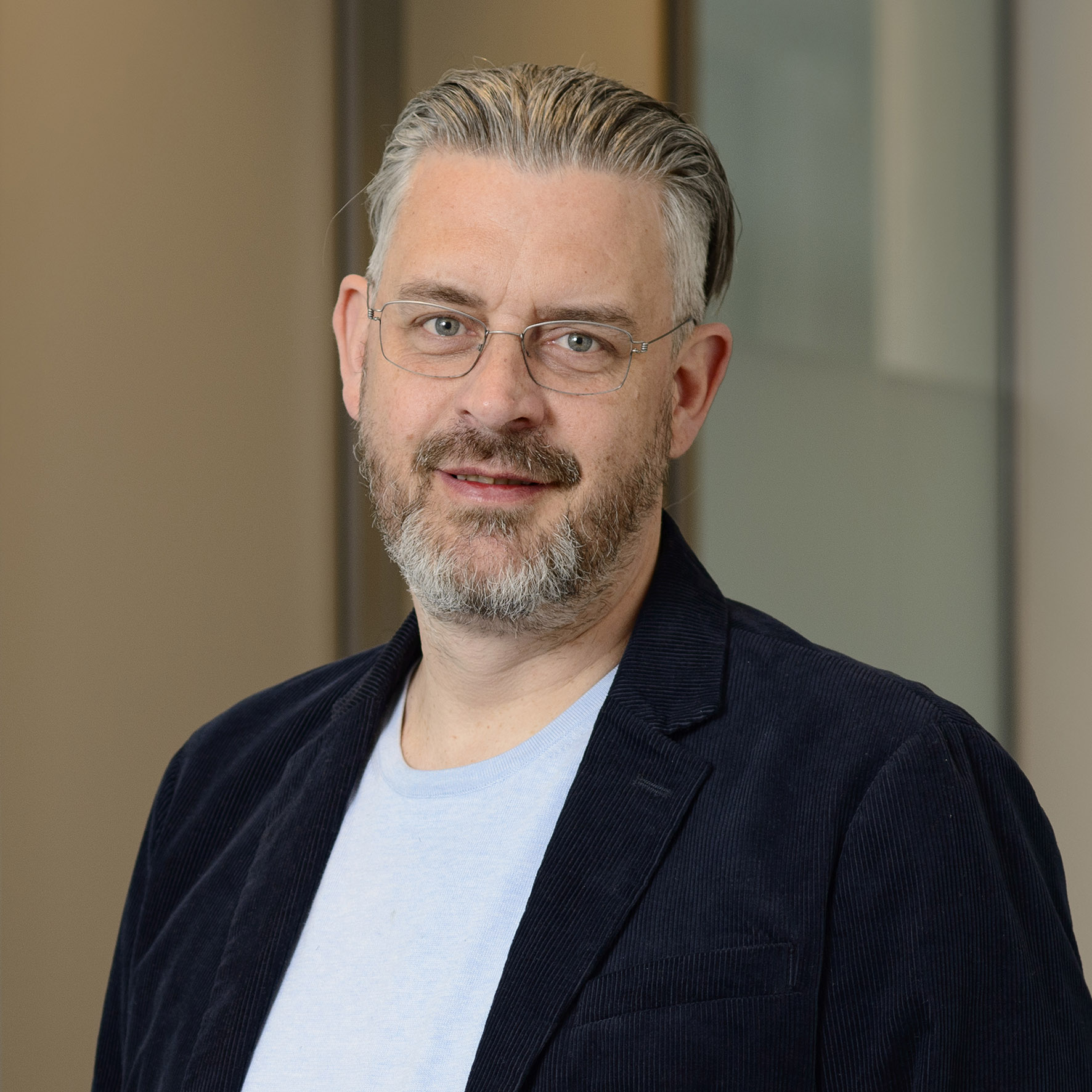
Today however, sustainability is increasingly linked to license-to-operate due to stricter laws and regulations and grid congestion issues. These are the words of Eric van der Laan, business developer at ICT Group. "As a supplier of total solutions for industrial automation, we advice infrastructure contractors, water boards and asset managers about energy optimisation projects, also to prevent business operations from being compromised."
A striking example where sustainability affects the license-to-operate is the recent message from a large grid operator who advocates switching off public charging stations between 16:00 and 21:00. At these peak times, the grid is already bursting at the seams, resulting in potential power failures. "It is also important for companies and asset managers to monitor energy consumption and not to go too far outside the regular consumption profile," says Eric. "Because the more you deviate, the more expensive it becomes, while there are also considerable savings to be made if you optimize consumption. Apart from the fact that the grid operator even has the option of cutting you off. Then your entire business operations are at stake. In other words, your sustainability policy gets an extra boost if you also link it to an economic objective."
Optimal coordination
ICT Group is an implementation partner of ABB's Optimax Energy Management System. "The system provides insight for the (large) consumers into the usage profiles of equipment and ensures optimal coordination in such a way that peaks are minimized and the capacity of the connection can be limited," explains Cuno van den Hondel of ABB. "It is even possible to seek coordination outside your company in order to make agreements with the grid operator about your consumption in order to keep the electricity network stable. Sustainability is saving energy where possible, self-generation as much as possible and aligning consumption as much as possible with the capacity of the grid and the available sustainable energy. That's what Optimax does." Eric translates this to the infrastructure sector. "In a tunnel, you only pump the rainwater out of the cellars when the energy is generated yourself or is the cheapest on the market. Water boards and municipalities are also perfectly capable of making these kinds of considerations."
The Energy Fingerprint
Optimax therefore offers concrete tools to achieve sustainability goals, taking into account the economic aspect of market prices and connection costs, says Eric. "This is done on the basis of insight and monitoring, but of course also offers prospects for further optimization." The implementation of a platform like Optimax is a 'change process' that is not only technical in nature. Start small and grab the low-hanging fruit first, is the motto. "It makes people excited, because they see results, and it then gives them new ideas. This creates progressive insight," Eric notes. Cuno adds: "ABB Optimax has extensive functionality, but in order to allow parties to gain an initial experience, we have developed 'the energy fingerprint' together with ICT Group. It is a low-threshold proposition in which we do an initial exploration of a specific asset or location for a limited fee. In this way, managers can experience the added value of the energy management system themselves in a specific situation and then translate it into broader (sustainable) business operations."
Basically, ABB provides the Optimax energy management system and the in-depth expertise around the use of the platform, while ICT Group – with a long track record in automating and digitizing the infrastructure – takes care of the implementation and the link to the equipment in the field, so that the platform can be used concretely.



